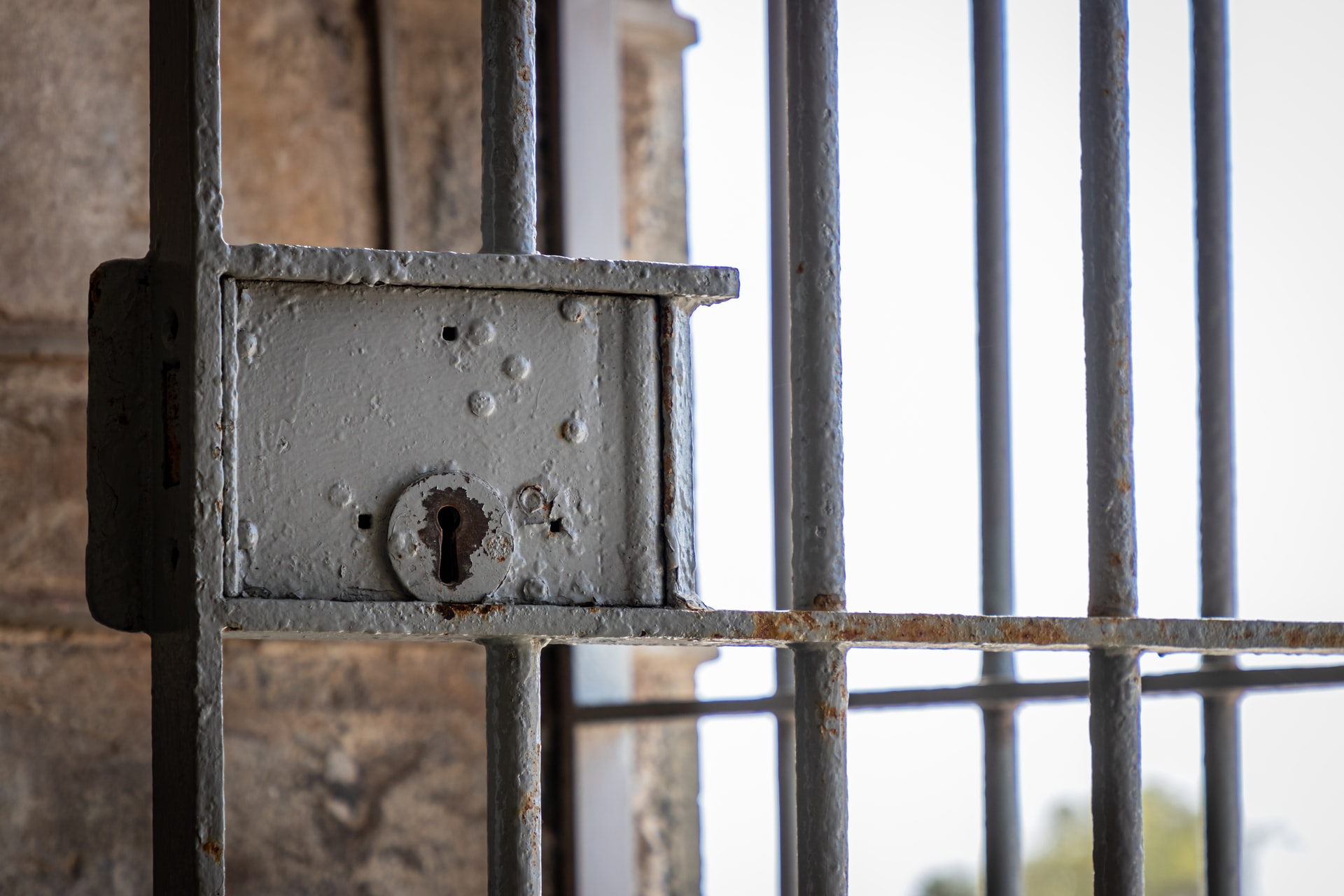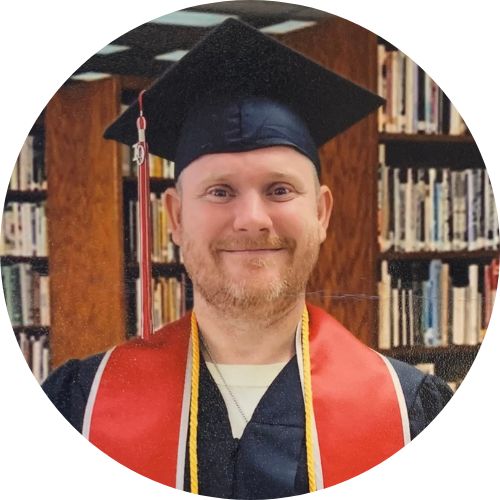Building community in prison is as difficult as you’d think, but vastly more rewarding than you can imagine. Friendships forger in the hellfire of prison are durable to the extreme. I still get Christmas cards from a guy I did time with ten years ago. I haven’t seen him in over a decade, he lives a thousand miles from me, but every holiday season he writes.
Community is such a common occurrence in nature we have a special word for these gatherings. A group of hedgehogs is a “prickle,” a group of jellyfish is a “smack,” and one of the most well-known groups in prison is a “gang.” These aren’t the only groups on the inside, although movies tend to romanticize gangs, they are incredibly violent, racist, and tend toward self-destruction. These types of communities were never appealing to me.
There are many other communities in prison. There are religious communities, fitness communities, and artist communities. The community I have been a part of for these past years is the college community. This community transcends the prison environment, reaching out into the “free world.” It was in academia that I found a home.
The subculture of the college community I settled into was the literature and writing group. In many ways my friends and I built this community from the ground up, and looking at it now, it’s quite amazing it exists at all. It still catches me off guard when a buddy shoots something like The Magus by John Fowles through the dorm bars and says “Tell me what you think of the light/dark themes in this.”
In our spare time a group of us turn the rec yard into a forum for literary criticism. Nothing is off limits and because we share all the books we get in, we are fluent in many genres. We discuss the politics in Robert Heinlein’s The Moon is a Harsh Mistress, the feminism of Margret Atwood’s The Handmaid’s Tale, and the real world consequences of Imprisoning Our Own: Mass Incarceration in a Colorblind Nation.
One of our commitments to the group is helping the prisoners around us with reading and writing. An alarmingly large number of prisoners can barely do either. It started when a man, somewhat sheepishly, asked, “Can you read this letter to me?” It was from his ten-year-old daughter who promised to wait to get married until he could walk her down the aisle; he was serving a life sentence and the moistness in his eyes wasn’t from the tear gas down the run.
Three months later he was sounding out his daughter’s writing, his letters as shaky as hers, but he was writing her himself. It gave me hope, writing was the spark of lighting a million embers in his dark.
There is a little selfishness in the altruism though. I’ve learned I love teaching, particularly prisoners. This realization has given my new life a new direction. I want to teach prisoners after I’m released from prison, and everything I do is geared towards this goal. I’ve even heard some University Prison Initiatives are hiring Ex-convicts for this exact purpose.
As I lay in my rack at night waiting for sleep to take me, I dream of this future. Should I start a non-profit myself? How can I build this type of community in as many prisons as possible? What type of education do I need to reach these goals? Ironically, my dreams involve me being in prisons for the rest of my life.
A group of stars, a community if you will, is called a “cluster.” When enough tiny pinpricks of starlight are gathered into one spot they outshine any single star by far. Anyone who has seen the Milky Way stretch from horizon to horizon can testify to this.
The cluster of my prison writing community is vastly brighter than any star group. It was born, continues to be reborn, from a crucible of need. We write things we need to write. We talk about things we need to talk about. For me, my need has turned into a want. Writing has set me free, and I wish that kind of community for every prisoner.






Recent Comments